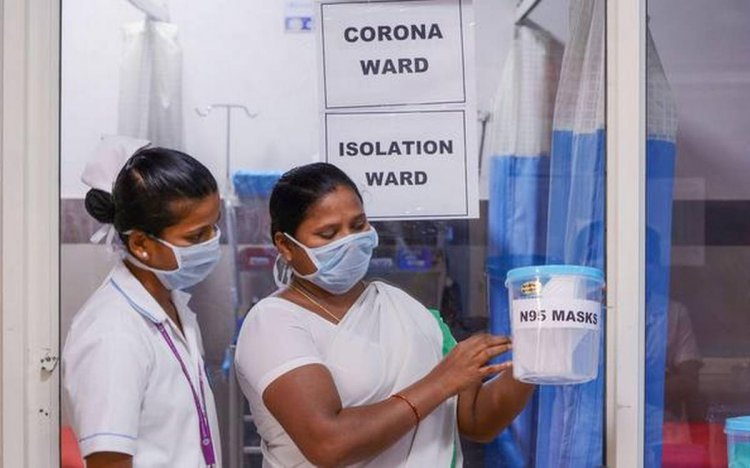Kerala’s “Too Early” Declaration of Flattening the Curve

Anxiety and confusion among people living in a bustling coastal village in Kerala is what’s troubling these days.
The 4,000-odd families of Poonthura, a hamlet of fishermen next door to the capital city of Trivandrum, have been served with strict stay-at-home orders. Nobody can enter or leave the place. Businesses are shut and transport suspended. Commandos and policemen have patrolled the streets to enforce a stringent lockdown.
In January, Kerala reported India's first Covid-19 case, a medical student who returned from Wuhan in China, where the pandemic began. The number of cases rose steadily, and it became a hotspot. But in March, half a dozen states were reporting more cases than the picturesque southern state.
"I remember saying that Kerala had achieved a viral miracle," says Jayaprakash Muliyil, a leading epidemiologist.
Kerala took 110 days to report its first thousand cases. In mid-July, it was reporting around 800 infections a day. As of 20 July, Kerala's caseload had crossed 12,000, with 43 reported deaths. More than 170,000 people were in quarantine, at home and in hospitals.
One reason, say experts, for this sharp uptick is that nearly half a million workers returned to the state from the Gulf countries and others parts of India after the grinding countrywide lockdown, which shut businesses and threw people out of their jobs. Some 17% of Kerala's working-age population works outside the state.
Unsurprisingly, more than 7,000 of the reported cases so far have a history of travel. "But when the lockdown travel restrictions were lifted, people came flocking back to the state, and it became impossible to curb the re-entry of infected cases," says Shashi Tharoor, a senior Indian opposition politician and member of parliament from Trivandrum.
The easing of the lockdown led to many people moving out of their homes and not taking enough precautions. "Some amount of laxity was expected as people have begun going out to work in most areas. We are trying to motivate them to be safe," B Ekbal, head of an expert panel advising the government on prevention of the virus, told me.
Some critics say testing slowed after the caseload fell in what they believe was a sign of complacency. These days Kerala is testing more than 9,000 samples a day, up from 663 in April.
Most epidemiologists believe Kerala has done a good job on the whole. The case fatality rate- the proportion of people who die among those who have tested positive for the disease is one of the lowest in India. The hospitals are not yet overwhelmed by a surge of patients. The state boasts India's most robust public health system. The government has begun rolling out first line Covid-19 treatment centres with oxygen-equipped beds in hundreds of villages.
Kerala is also a cautionary tale against premature media declarations about the flattening of the curve, which involves reducing the number of new cases from one day to the next.















































